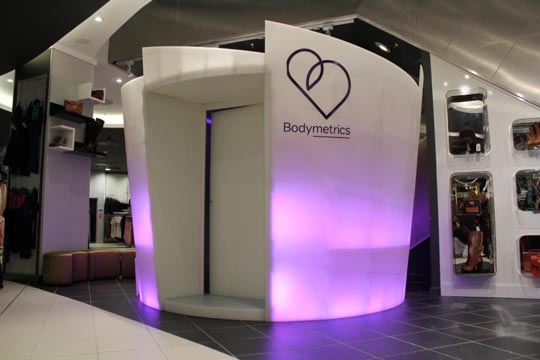 I am an avid listener of NPR so you can go ahead and call me a liberal geek if you want.
I am an avid listener of NPR so you can go ahead and call me a liberal geek if you want.
Now that the name calling is over, I have some information that you may be able to use if you are a homeowner or buy certain products and items that are energy efficient. During NPR’s Science Fridays last week, I learned that there is still time to opt in for energy efficient tax credits that expire at the end of the year.
Annette Heist, Senior Producer of NPR Science Fridays has been working for 2 years on lowering her energy bills in her home. She shared on the show ways that homeowners can participate in receiving the tax credit and decrease their energy bills.
Items like storm doors, if purchased before the end of the year, can be placed on your taxes for the energy efficient tax credit. You can receive 30% off the cost of the storm door when you file your taxes. You can also receive this on products such as weather stripping, insulation, insulation spray, etc. Basically, if it is an item that was created to give energy efficient benefits, then you can receive the energy efficient tax credit.
The cap on the amount that can be claimed is $1500.00 and that is for both 2009 and 2010. If you’ve claimed that amount in 2009, then you aren’t eligible this year. The items purchased must be for your primary residence (so if you purchased it for a rental property you own, then it isn’t eligible). The amount is also $1500.00 per household—so if there are two of you in the home, you cannot both claim the tax credits.
Some of these tax credits will extend until 2011, but the credit will not be as high, so if you want to get more bang for your buck, you may want to purchase the items before the end of the year.
In addition to purchasing energy efficient products, you should also unplug that 2nd refrigerator or freezer—it sucks up energy and may be making your bills higher than needed.
In order to check how energy efficient your appliances are, visit energystar.gov.
And if you buy the items mentioned above, or any other energy efficient products and are planning to utilize the tax credit, save your receipts.
Check out more about the energy tax credits on NPR’s Science Friday HERE.



Leave a Reply